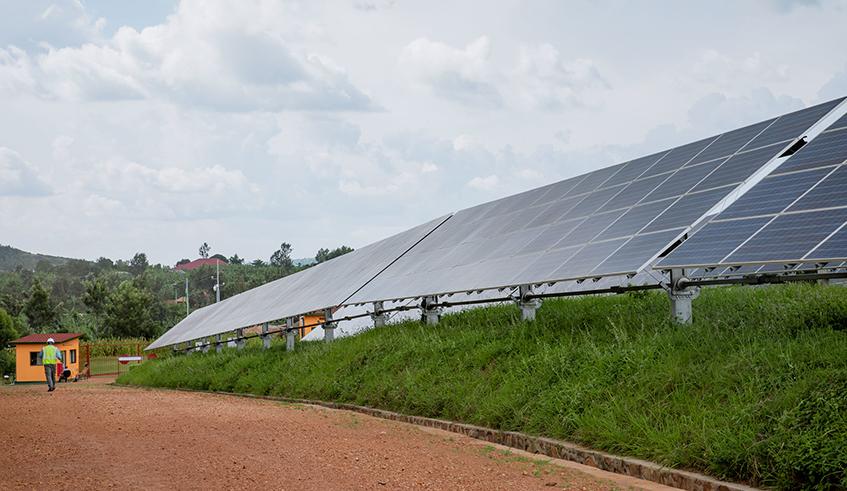Africa-Press – Rwanda. Rwanda is a beautiful country with a moderate climate and relatively high rainfall, but trouble is brewing in paradise. Climate change is expected to result in increased temperatures, intensified rainfall, and prolonged dry seasons.
Different regions will experience climate change differently: the mountainous west of the country will be subject to erosion, parts of the central north and south will experience severe floods, and the east and southeast will suffer from droughts and desertification.
This will have a devastating effect on food security where the country’s food baskets will experience drought and desertification.
Rwanda ranks 185 out of 188 countries in per capita Green House Gas emissions and contributes only 0.01 per cent of global emissions. Like the rest of the continent, its negligible carbon footprint has not protected it from the effects of climate change. Quite the opposite. Rwanda and the rest of the developing world have become the runaway disproportionate victims of a rapidly warming world. Rwanda is the 29th most vulnerable and 94th least ready country – which makes the country highly vulnerable to climate change effects, with moderate means to combat these effects.
This means that Rwanda’s exposure, sensitivity, and ability to cope with the negative effects of climate change in six life-supporting sectors: food, water, ecosystem service, health, human habitat and infrastructure is compromised. In addition, the country’s readiness to leverage investments and convert them to adaptation actions by considering economic, governance and social readiness is also wanting.
Socio-economic vulnerability
Agriculture in Rwanda accounts for 33 per cent of GDP (2013) and employs more than 86 per cent of the country’s population. Almost all agricultural activities are rain-fed.
The dependency on this sector itself makes Rwanda highly vulnerable to climate change. An evaluation of social vulnerability to climate change ranks Rwanda first among all African countries in terms of natural resource dependency, which it considers to be one of three indicators for social vulnerability to climate change.
The effects of climate change on agriculture are already being felt. In 2009, the country’s cassava’s production decreased due to low soil moisture. In addition, maize, beans and other cereals and pulses are also likely to decline as the planet becomes hotter.
Another factor making Rwanda highly vulnerable to climate change is its high population density with 460 person per square kilometre which is expected to increase further due to its annual growth rate of 2.7 per cent.
The population density is especially high in Western and Northern Provinces of Rwanda, regions that are characterized by high flood risks. These regions also have low adaptive capacity of people due to uncertain people’s option to relocate in case of emergency.
National government strategies and policies
Rwanda has been working hard to do its part to mitigate climate change. The country ratified the UN Convention on Biological Diversity (CBD), the Convention to Combat Desertification (CCD), the Framework Convention on Climate Change (UNFCCC) and the Kyoto Protocol. It also joined the rest of the world in signing the Paris Agreement on climate change in April 2016 and ratified the agreement in October 2016 with it entering into force in November 2016.
In addition, Rwanda prepared a National Strategy for Climate Change and Low Carbon Development (2011) and was one of the first countries in Africa to submit a National Adaptation Program of Action (NAPA) in 2006.
The country also launched the Green Growth and Climate Resilience Strategy (GGRS) at a UNFCCC side event at CoP17 in Durban in 2011.
Despite doing everything right, Rwandans and other developing countries will suffer if the rest of the world does not join hands to raise funds for climate change mitigation and implement policies to lower emissions and counter global warming.
If the Covid-19 pandemic has taught us anything, it is that the world is truly a village- nationalistic policies can never replace concerted global efforts. A good place to start is honouring the promises made at the COP26 summit last week. Invest in climate change mitigation now, or COP27 next year will find us in a worse place than we were before.
For More News And Analysis About Rwanda Follow Africa-Press






